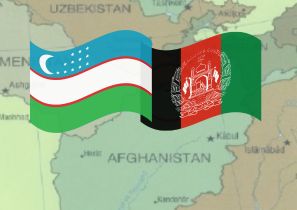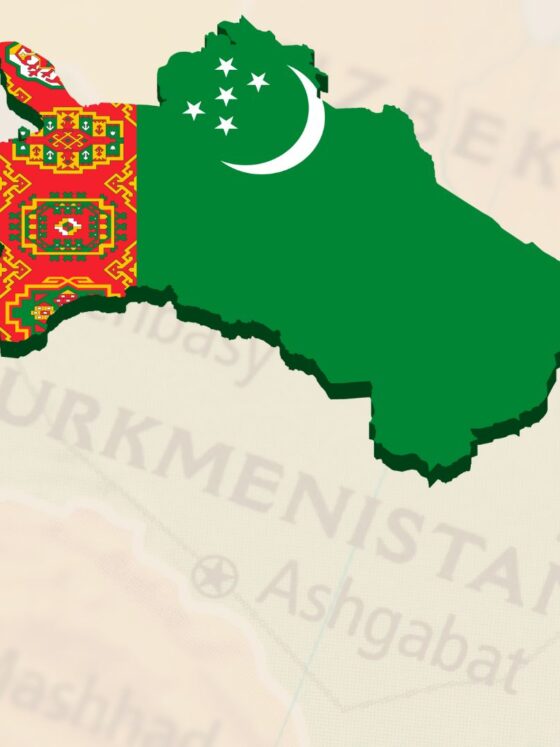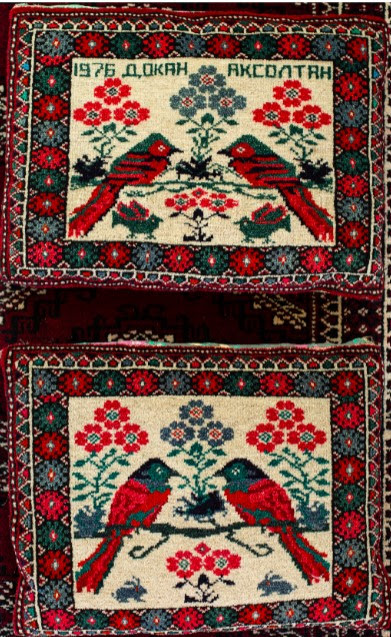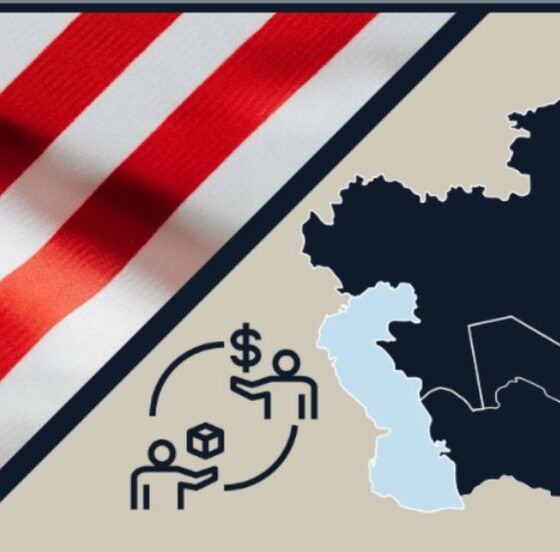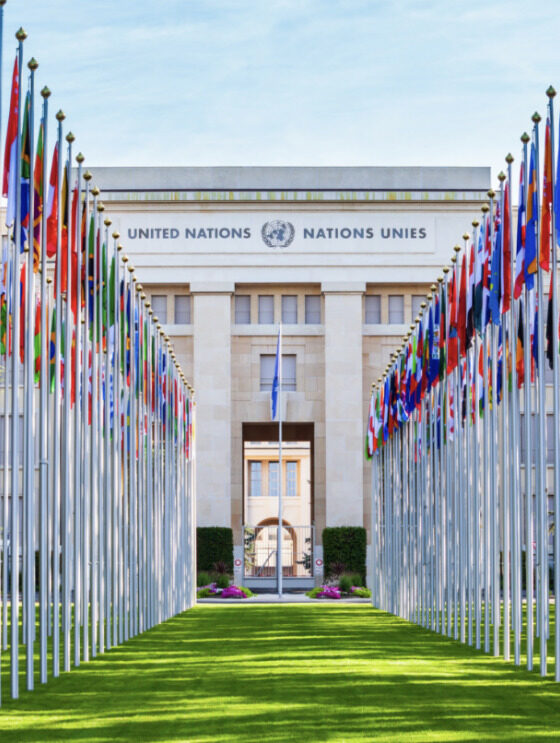Book talk with author Adrienne Edgar, discussant Dmitry Gorenburg, and moderator Mélanie Sadozaï (virtual event)
May 24 @ 11:00 AM – 12:00 PM

Join us for a presentation of Adrienne Edgar’s book Intermarriage and the Friendship of Peoples: Ethnic Mixing in Soviet Central Asia (Cornell University Press, 2022). The work examines the racialization of identities and its impact on mixed couples and families in Soviet Central Asia. In marked contrast to its Cold War rivals, the Soviet Union celebrated mixed marriages among its diverse ethnic groups as a sign of the unbreakable friendship of peoples and the imminent emergence of a single “Soviet people.” Yet the official Soviet view of ethnic nationality became increasingly primordial and even racialized in the USSR’s final decades.
In this context, Adrienne Edgar argues, mixed families and individuals found it impossible to transcend ethnicity, fully embrace their complex identities, and become simply “Soviet.” Looking back on their lives in the Soviet Union, ethnically mixed people often reported that the “official” nationality in their identity documents did not match their subjective feelings of identity. They were unable to speak “their own” native language. Their ambiguous physical appearance prevented them from claiming the nationality with which they most identified. In these ways and more, mixed couples and families were acutely and painfully affected by the growth of ethnic primordialism and by the tensions between the Soviet Union’s national and supranational projects.
Speakers
Adrienne Edgar (Author) is Professor in the Department of History at the University of California, Santa Barbara. Her area of interest is the history of the Soviet Union, especially the history of Central Asia in the Soviet period. Her research has focused on nation-making in early Soviet Central Asia and on nationality, race, and intermarriage in the post-World War II USSR. Dr. Edgar is the author of Tribal Nation: The Making of Soviet Turkmenistan (Princeton University Press, 2004), Intermarriage and the Friendship of Peoples. Ethnic Mixing in Soviet Central Asia (Cornell University Press, 2022), and co-editor with Benjamin Frommer of Intermarriage from Central Europe to Central Asia: Mixed Families in the Age of Extremes (University of Nebraska Press, 2020). She has contributed to many edited books and has been published in numerous journals such as Central Asian Survey, Slavic Review, and Ab Imperio.
Dmitry Gorenburg (Discussant) is Senior Research Scientist in the Russia Studies Program at CNA, a nonprofit research and analysis organization, since 2000. He is also an Associate at Harvard University’s Davis Center for Russian and Eurasian Studies. Previously, he served as Executive Director of the American Association of the Advancement of Slavic Studies (AAASS). His research interests include security issues in the former Soviet Union, Russian military reform, Russian foreign policy, and ethnic politics and identity. Dr. Gorenburg is the author of Nationalism for the Masses: Minority Ethnic Mobilization in the Russian Federation (Cambridge University Press, 2003) and has been published in journals such as World Politics and Post-Soviet Affairs. He currently serves as editor of Problems of Post-Communism and was the editor of Russian Politics and Law from 2009 to 2016. Dr. Gorenburg attended Princeton University and received his Ph.D. in Political Science from Harvard University.
Mélanie Sadozaï (Moderator) is Post-doctoral Fellow at IERES (2022–2023). Her research and publications have been based on ethnographic methods and extensive fieldwork since 2014, with a focus on cross-border relations in remote areas of Afghanistan and Tajikistan in the Pamir Mountains. Her research interests include everyday life along the border, remoteness and connectivity in high mountain regions, relations between the Taliban and other Central Asian governments, and the geographical history of the border and the Pamirs. Dr. Sadozaï has published academic articles in the Journal of Borderlands Studies, Problems of Post-Communism, and the Journal of Power Institutions in Post-Soviet Societies.


